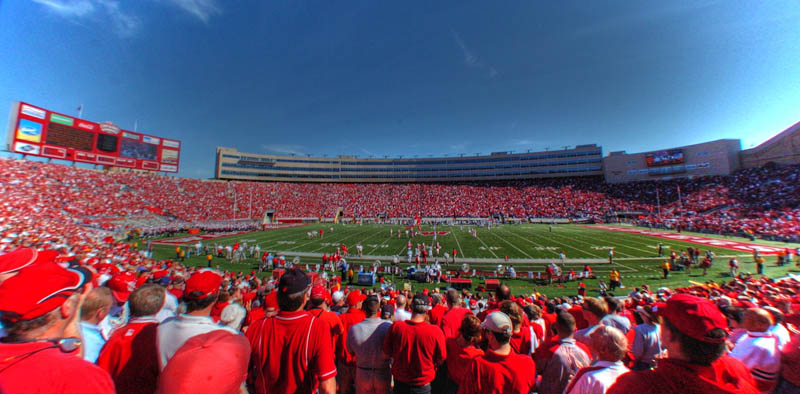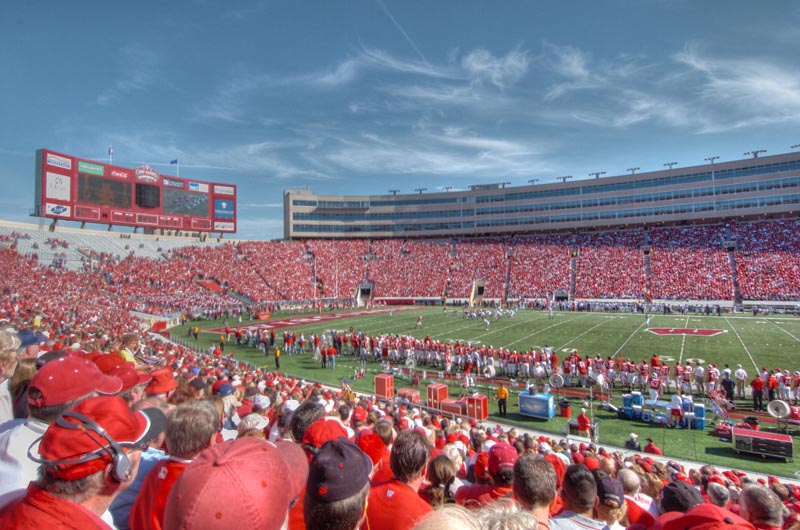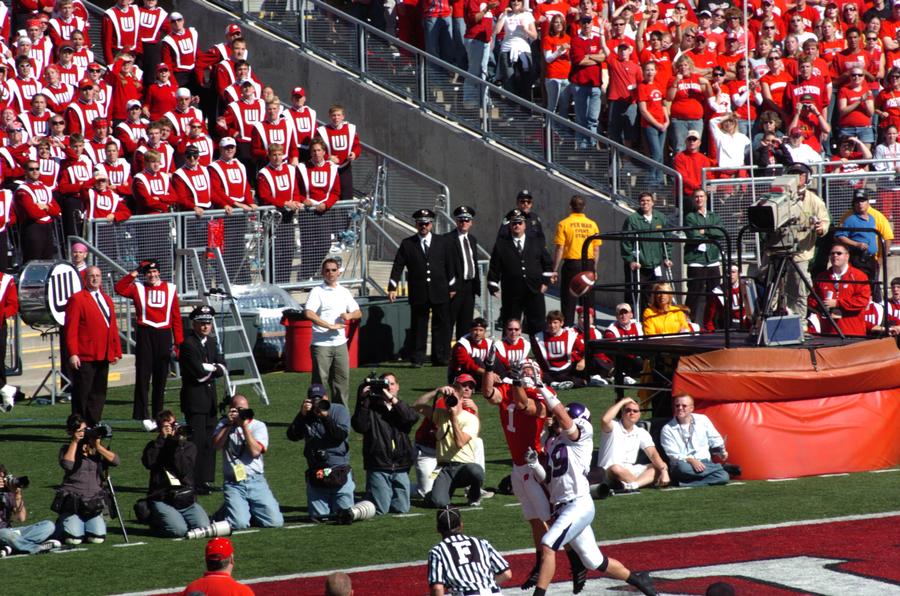Cringely:
Last Saturday the United States Congress passed a port security bill that carried an amendment banning Internet gambling. This was a huge mistake, not because Internet gambling is a good thing (it was already illegal, in fact), but because the new law is either unenforceable or — if it can be enforced — will tear away the last shreds of financial privacy enjoyed by U.S. citizens. The stocks of Internet gambling companies, primarily traded in the UK, went into free-fall as their largest market was effectively taken away. I don’t own any of those shares, but I guarantee you they will fully recover, which is part of what makes this situation so pathetically stupid.
Ironically, many of the senators who voted for this legislation may not have even known the gambling bill was attached, since it didn’t appear in the officially published version of the port bill. But such ignorance is common in Congress, along with a smug confidence that people and institutions can be compelled to comply with laws, no matter how complex and arcane. The amendment was a surprise late addition, pushed by Senate Majority Leader Bill Frist, who has presidential ambitions and reportedly sees this battle against Internet gambling as part of his eventual campaign platform.
Only the new law isn’t really against Internet gambling at all, since it specifically authorizes intrastate Internet gambling, imposing on the net the artificial constraint of state boundaries. So the law that is supposed to end Internet gambling for good will actually make the practice more common, though evidently out of the hands of foreigners, which in this case includes not just operators from the UK but, if you live in South Carolina as I do, it also includes people from Florida and New York. Let a million local poker hands be dealt.
What the new law actually tries to control is the payment of gambling debts through the U.S. banking system, making such practices illegal (except, of course, for intrastate gambling, which probably means your state lottery). Once President Bush signs the bill, your bank and credit card companies will have 270 days to come up with a way to prohibit you from using your own money to pay for gambling debts or — though far less likely– to keep you from receiving your gambling profits. The law covers not just credit card payments but also checks and electronic funds transfers.
Congressional and Senate votes here. Tammy Baldwin voted yes as did Russ Feingold and Herb Kohl. It would be interesting to know if any of them were aware of what was in this bill.



